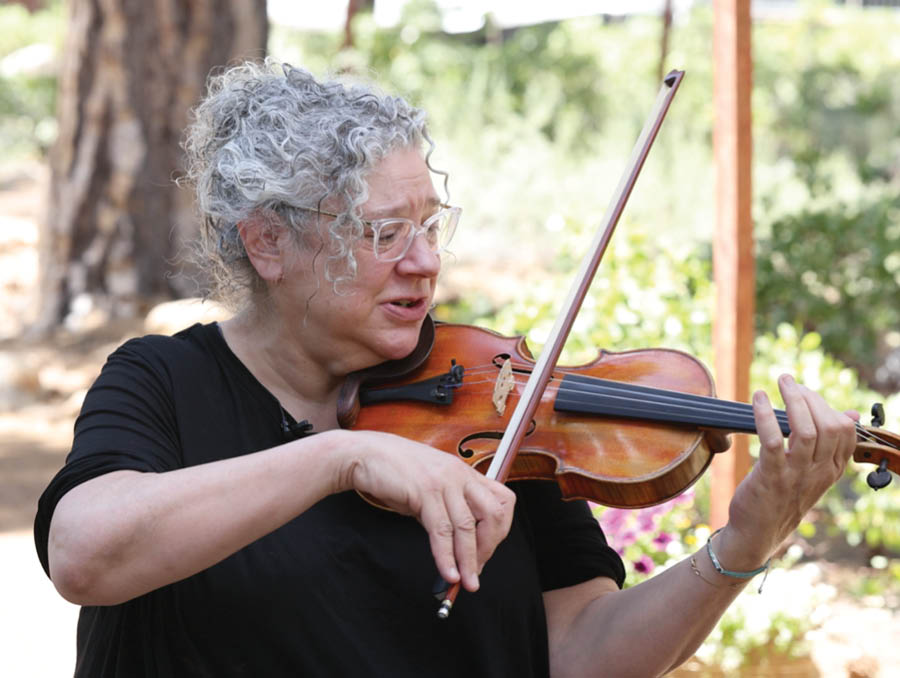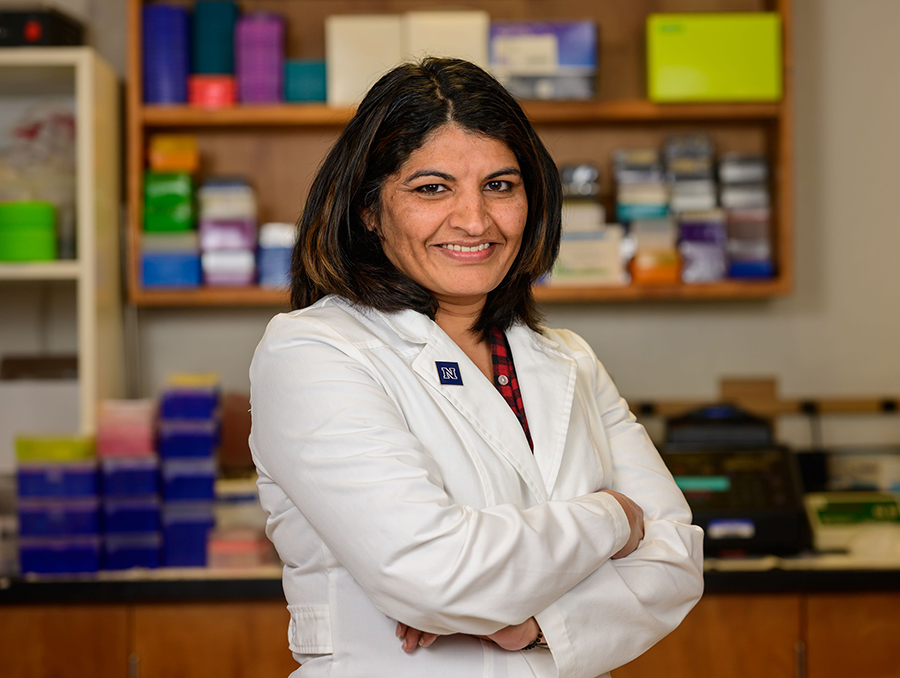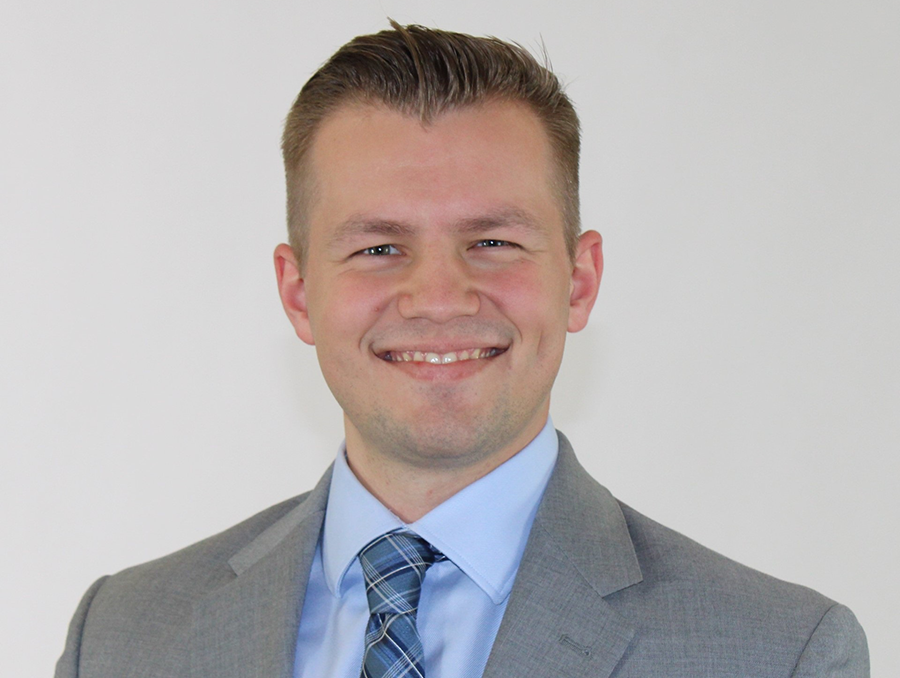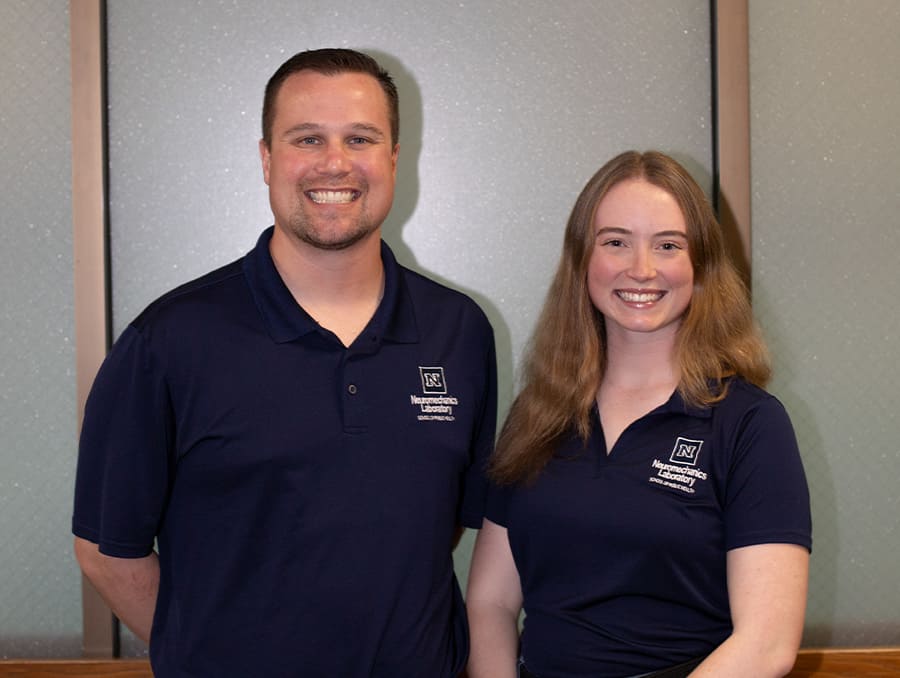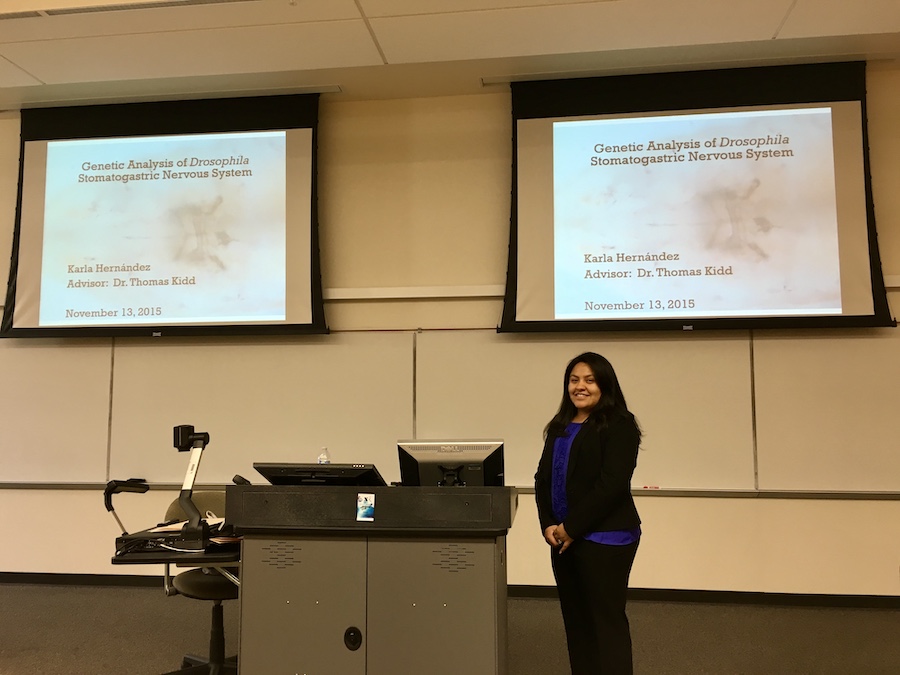Shahnewaz Mohammad, a doctoral student in the Graduate Program of Hydrologic Sciences, recently received a prestigious honor in the professional field. Mohammad was awarded a research grant from the Geological Society of America (GSA) for his research in the Humboldt River Basin. He has the honor of being among the 20 awardees of the 474 applicants was chosen to be funded.
"I'm one of the 4 percent that was selected," Shahnewaz said. "I feel confident and very proud of myself."
The grant allocates a one-time payment of $3,500 to each chosen graduate or doctoral student to fund research in the field of geological sciences. Apart from funding, the awardees will be honored at the annual GSA conference, according to Gina Tempel, Shahnewaz's advisor and associate professor and chair in the Department of Geological Sciences.
"It's a very exciting award," Tempel said. "It is something not very many graduate students get a chance to receive."
This is the not the first time Shahnewaz has received funding from GSA. A student can be awarded the same grant twice, once while in a masters program and a second time while in a doctorate program. He received the research grant for the first time while working for his master's degree in geological science at Auburn University in Alabama.
"I also feel pretty lucky to have gotten the award twice and thankful to my advisor for her guidance," Shahnewaz said.
Shahnewaz will begin using the grant this upcoming summer, to fund his ongoing project on the effects of minerals, hydrogeology and geothermal systems on the distribution and cycling of arsenic in the groundwater systems in the Humboldt River Basin in northern Nevada.
Shahnewaz will use existing data that the United States Geological Survey and Nevada Bureau of Mines already have on the subject of arsenic in groundwater. By researching this phenomenon, he will also be helping to organize and fill some of the missing information in the USGS data.
"Some of the research I will do will complement some gaps in understanding the processes that are responsible for arsenic release in the region and globally," Shahnewaz said.
The fascination and the motivation in discovering the source for arsenic in water hits close to home for Shahnewaz.
"Bangladesh, my native country, is one of the worst affected areas with arsenic poisoning," Shahnewaz said. "More than 60 million people in Bangladesh are exposed to arsenic from the groundwater."
The research Shahnewaz is conducting also holds substantial importance in the issues of water supplies in the local area.
The research Shahnewaz is conducting also holds substantial importance for Nevada and the quality of local water supplies.
"We already have a number of rural towns that have arsenic in their water supply that is above the recommended contaminant level," Tempel said.
Shahnewaz's interest in geology first peaked as an undergraduate student at Dhaka University in Bangladesh, on a fieldwork trip with other students and faculty. The work he experienced on the trip combined his love for the outdoors and geology.
Since then, Shahnewaz has worked with students and faculty from Columbia University and the University College of London while at Dhaka University. Once he acquired his master's degree in geology at Dhaka University, Shahnewaz's search for higher studies brought him to Auburn University in 2001. Shahnewaz had to adjust to American culture, but found that he could do it with ease.
"There was a very large difference between the United States and Bangladesh, especially in the educational system," Shahnewaz said. "But I like it here. I like the hands-on approach with the work and the close relationships between the students and teachers."
After receiving another master's degree in geology, he spent about a year at Texas A&M for his doctorate degree. But Shahnewaz was looking forward to some exciting research that was more applied and after getting into contact with Tempel, moved to Reno to conduct his research and finish his doctorate program.
"Tempel's research is related to the objectives in my research and I was interested, so I moved here," Shahnewaz said.
Shahnewaz hopes to carry on his research successfully and apply his research experience from the University to solve environmental problems.
"I would love to do any academic or research-related work in the future that involves teaching and problem solving," Shahnewaz said.






